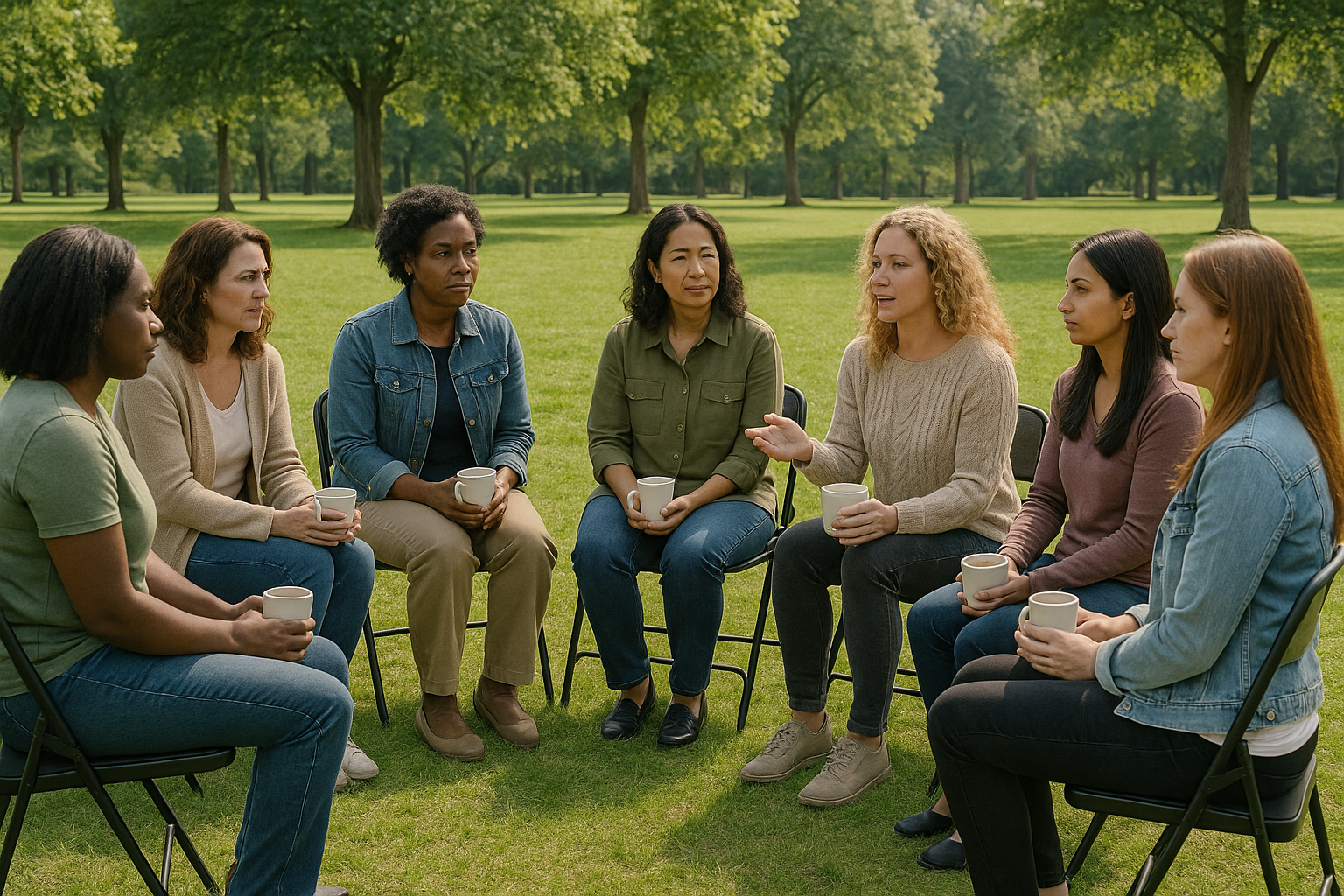Right now, there is visible tension and division among lived experience survivors following the government’s proposal for a “Survivor and Victim Panel.” To some observers, this might look like infighting or drama. But the reality is far more complex. The unrest is neither random nor petty, it is both predictable and understandable when viewed through the lens of group development theory and trauma dynamics.
The Group Has Never Properly Formed
Groups need strong foundations: clarity, trust, and a sense of shared purpose. That is not happening here. Instead of being co-designed with survivors from the beginning, the panel is introduced in a top-down way. Survivors are left with unanswered questions, some are approached privately without transparency, and very little is explained about how decisions are being made.
For many survivors, this mirrors past experiences of exclusion, silencing, and being controlled. That sense of powerlessness reactivates old wounds. The group never truly experiences a safe and structured “forming” stage. It is thrown together without the essential conditions needed for trust and collaboration to grow.
Understanding Group Stages: Why Conflict Is Normal
Bruce Tuckman’s well-known model of group development explains that teams typically move through four stages: Forming, Storming, Norming, and Performing. Conflict, or storming, is not only normal — it is necessary. But in groups of people who carry complex trauma, this stage is far more intense and painful if not handled with care.
Here is a quick overview of the stages:
| Stage | What Happens |
| Forming | Members come together, polite but uncertain. Roles and goals are unclear. Reliance on leadership. |
| Storming | Tensions rise as personalities and power dynamics clash. Disagreements and mistrust emerge. |
| Norming | Trust starts to grow. Roles, norms, and group values become clearer. Collaboration increases. |
| Performing | The group is cohesive, focused, and effective. Trust is high, and the mission is shared. |
This process assumes a relatively stable emotional baseline. But for survivors, storming feels like betrayal or abandonment because conflict taps into deep trauma memories. What would normally be a healthy debate feels like a repeat of exploitation or systemic failure.
Why The Storm Feels Like a Hurricane
The difference here is that every person involved is carrying complex trauma. Because the forming stage has been skipped, storming erupts immediately, without trust, containment, or agreed boundaries. Survivors who have experienced betrayal, silencing, or exploitation interpret unclear communication or unequal decision-making as personal attacks. For some, being excluded from conversations or not feeling heard is retraumatising.
These reactions are not signs of weakness or dysfunction; they are normal trauma responses. Hypervigilance leads to scanning for signs of danger: “Who is being favoured? Who is controlling this narrative?” Attachment wounds appear as withdrawing, anger, or a need to take control. These dynamics are predictable, and they do not mean survivors are the problem. The real issue lies in a system that has failed to create the conditions for safety and trust before expecting survivors to work together.
Power Imbalances and Tokenism Add Fuel to the Fire
When the government creates a panel without co-production, survivors worry about the motive. Is this panel genuinely about change, or is it about optics? If a few voices are elevated while others are left out, this fosters resentment and mistrust. Survivors feel forced into competition for recognition or legitimacy — a dynamic created by the system, not by survivors themselves. For people who have already experienced being “chosen” or “discarded” by those in power, this kind of exclusion feels deeply wounding.
A Lack of Shared Goal Keeps the Group Fragmented
Survivors may all want change, but their visions differ. Some prioritise justice and criminal accountability, others focus on healing and mental health services, and some want systemic reforms. These differences are valid. But without a co-created purpose and agreed values, it becomes harder to hold healthy diversity. Without that foundation, disagreements quickly feel personal, and people retreat into defensiveness or distrust.
Complex Trauma Shapes Group Dynamics
Survivors of grooming gangs often live with hypervigilance, attachment injuries, and relational trauma. Many carry fear of rejection or exploitation, and some hold a deep sense of shame. When these experiences meet a poorly designed group process, old patterns resurface. This does not mean survivors are broken, it means the system is failing to create a safe container where those patterns can be understood and supported rather than triggered and escalated.
What Could Help Repair This?
For this panel to work, it needs to slow down and reset. The process must begin with co-creation, not token consultation. Survivors need to set the terms, not be handed a structure and told to fit into it. A neutral facilitator trained in trauma-informed practice is essential to create a sense of safety and fairness. Before policy discussions can happen, the group needs time to establish trust, boundaries, and shared agreements. Success should not be measured by quick output, but by whether survivors feel empowered, safe, and heard.
The Risk of Ignoring This
If this unrest is dismissed as “survivor drama,” the government is likely to push forward with a few carefully chosen voices while sidelining others. That will not only damage trust, it will replicate the same harm survivors have already endured: silencing, control, and betrayal. If the government truly wants to work with survivors, it must listen, not dictate. It must create spaces that heal, not harm.
Final Note
The current unrest is not dysfunction, it is a signal. It shows survivors care deeply and are fighting to be heard in a system that continues to fail them. This is pain speaking, not ego. Survivors deserve a process that honours their voices and recognises the reality of complex trauma. Until safety and trust come first, no panel will succeed.
If we truly want change, we have to start by building trust, not panels.
